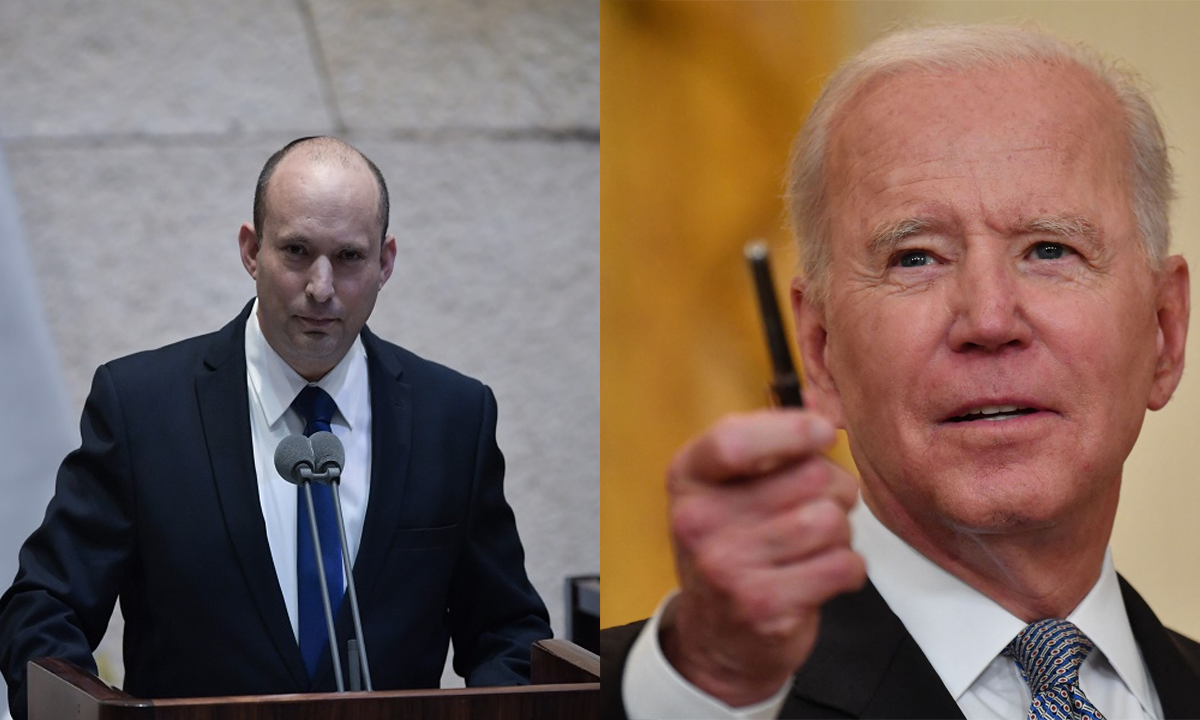Written by Nathaniel Mannor
With the recent Israeli election on June 13, Israel officially elected a new Unity Government with Naftali Bennett set to become the country’s next Prime Minister. This comes after three previous failed elections to oust Benjamin “Bibi” Netanyahu, the prior leader of Israel from the right-wing Likud party, in the last two years. After 12 years of the Netanyahu Era, the Biden Administration is looking to strike a new deal with Israel to give up land for peace to appease the Arabs in Palestine. But alas, they will have to keep looking.
To become Prime Minister in Israel, the party leader must maintain a 61 seat majority in the 120 seat Knesset or Israeli Parliament. But since no party has ever managed to win 61 seats, they must form coalitions to establish a majority threshold. So often, these politicians side with other like-minded parties from their side of the aisle. But what’s interesting about this election is that Bennett comes from the right-wing Yamina party and established a coalition among centrist and leftist parties to remove Netanyahu from his office.
This is reminiscent of the Never Trumpers back home in America, who agreed with Trump on crucial policies but wished nothing else but to see him out of office, and now the same scenario happened in Israel. After all, Bibi and Bennett were on the same page about a future Palestinian state. Both leaders took the position that a two-state solution was dangerous for the future of Israel, as demonstrated by the latest Gaza attacks against Israel and the PR disaster it caused for them.
Although he is more liberal on social issues, such as gay tolerance and the relationship between religion and state, Naftali Bennett has shown that he will side with Netanyahu on Israel’s most critical concern, the Israeli-Palestinian conflict. And more importantly, stand up to the Biden administration to prevent them from further jeopardizing the Jewish homeland.




